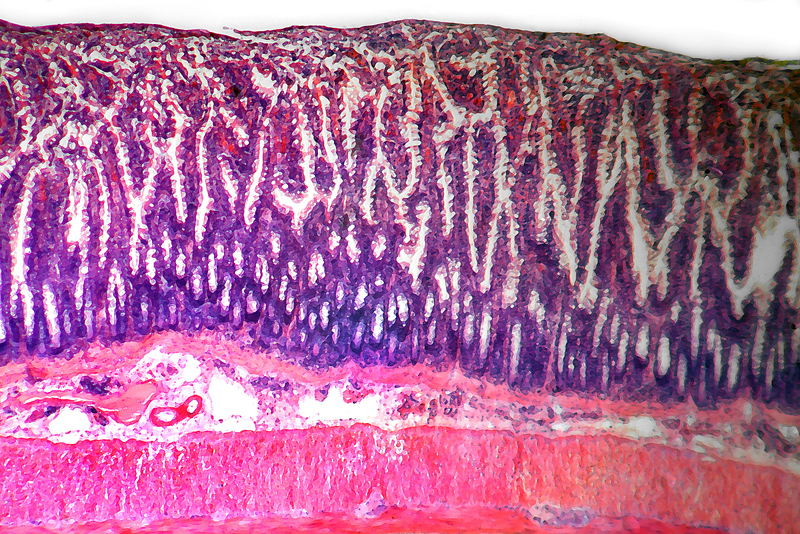
THURSDAY, Aug. 12 (HealthDay News) — Chronic pain occurs more often, is more intense and lasts longer in women than in men, a pain expert reports.
Women are also more likely to experience multiple painful conditions at the same time, which can lead to greater mental stress and increased risk of disability, according to Jennifer Kelly, of the Atlanta Center for Behavioral Medicine.
Chronic pain — pain that lasts six months or longer without relief from medical treatment — is associated with many conditions, including fibromyalgia, irritable bowel syndrome, rheumatoid arthritis and migraines, which are all more prevalent in women than in men, noted Kelly, referencing the International Association for the Study of Pain’s 2007-2008 report on pain in women.
“Chronic pain affects a higher proportion of women than men around the world. We need to encourage women to take a more active role in their treatment and reduce the stigma and embarrassment of this problem,” Kelly said in an American Psychological Association news release.
She was slated to discuss the issue Thursday at the APA’s annual meeting, in San Diego.
Hormones may be a factor in these gender differences, she said. For example, it’s known that estrogen plays a role in migraines, and that rates of pain conditions increase among girls as they pass through puberty. Among adolescent boys, rates of pain conditions are stable or rise less dramatically.
Some research suggests that women and men may respond differently to pain medications.
“Genetic and hormonal differences may be the main reason for any differences, but it’s becoming increasingly clear that social and psychological factors are also important,” Kelly said.
“Women tend to focus on the emotional aspects of pain,” she explained. “Men tend to focus on the physical sensations they experience. Women who concentrate on the emotional aspects of their pain may actually experience more pain as a result, possibly because the emotions associated with pain are negative.”
Among other things, Kelly encouraged practitioners to allow patients, especially women, to take an active role in their treatment, to provide psychological support and to offer relaxation techniques and biofeedback.
More information
The U.S. National Institute of Neurological Disorders and Stroke has more about chronic pain.

